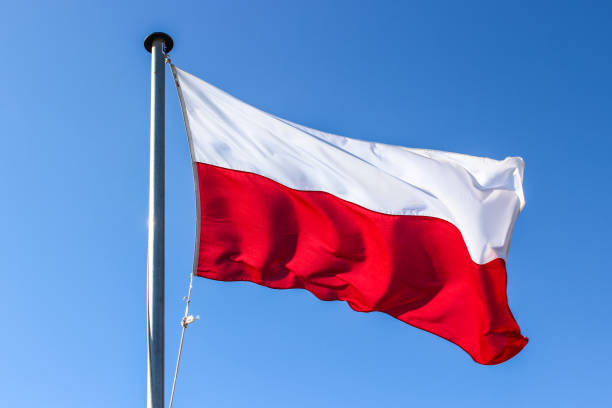Any use of copyright-protected material without the rightsholder’s permission or without other legal basis is considered copyright infringement. The user of copyright material does not need permission from the rightsholder in some cases (known as “permitted uses”). Infringing on either economic copyrights or the author’s personal rights, or both is considered copyright infringement. In general, whether the infringement has knowledge or intent to infringe is irrelevant; however, it may result in increased monetary liability or criminal penalties.
In Poland, there is a secondary liability for indirect copyright infringement. Article 422 of the Polish Civil Code regulates this type of liability. Indirect infringers fall into three categories: those who instigate the direct infringer, those who assist another person in causing damage, and those who intentionally profit from damage caused by another. In general, indirect infringers are held to the same standards as direct infringers; nevertheless, some remedies may not be available to indirect infringers (it might apply mostly to non-monetary remedies).
What are the legal options for dealing with a copyright infringer?
The types of remedies available to a copyright infringer depend on the type of rights infringed – personal rights of an author or economic copyrights.
The following remedies are available to an author in connection to his or her personal rights:
- cessation of infringing actions;
- removal of effects of the infringement, in particular through a public statement; and
- in cases of intentional remedies, monetary damages payable to the author or an obligation to pay a certain amount of money to a social cause indicated by the author.
The following remedies are available in connection to economic copyrights:
- cessation of infringing actions;
- request for the remedy of the effects of the infringement;
- monetary damages either calculated by general rules or double the amount of the remuneration that would have been due at the time of the infringement;
- publication of a press statement; and
- withdrawal from the market, handover to the rightsholder or destruction of the materials used for the infringement.
There is a time limit for filing a claim for compensation. The limitation period is three years from the date the plaintiff learned of the loss (damage) and the person liable for the loss (damage), but not more than ten years from the date of the incident that caused the damage. If the copyright infringement that produced the damage was also a criminal, the limitation period begins on the day the crime was committed and ends 20 years later.
There are monetary damages available for copyright infringement, including infringement of an author’s personal rights as well as economic copyrights.
In the case of economic copyrights, the rightsholder may claim damages based on general principles (actual damages, which can be difficult to measure) or a fixed sum equal to twice the amount of remuneration due to the rights holder at the time of the infringement.
Monetary damages are only applicable in circumstances of deliberate infringements of the author’s personal rights. There is no way to award a fixed amount of damages; instead, they must be determined on a case-by-case basis.
The Act of 18 July 2002 on Rendering Electronic Services covers the subject of internet infringements (including copyright infringements) in Poland (in Polish). This act implements EU Directive 2000/31/EC, also known as the “e-Commerce Directive,” which was adopted on June 8, 2000. This act covers the responsibilities of service providers who deliver services via digital communication (including internet service providers).
The rules on the exclusion of liability of service providers are the most essential portions of the act in terms of copyright (including copyright liability). The statute distinguishes between three categories of electronic services: mere conduit, caching, and hosting. These act-covered service providers are not required to actively monitor the information they send, store, or exchange. In terms of copyright infringements, hosting is the most important factor.
As soon as the new directive (EU) 2019/790 on Copyright in the Digital Single Market is implemented in Poland, the liability of online content-sharing service providers (as defined by the new Directive (EU) 2019/790 on Copyright in the Digital Single Market) – who are now considered hosting service providers under the previously stated provisions – will change (subject to the ongoing action for annulment before the EU Court of Justice).
You can find the list of Poland IP Firms here.

